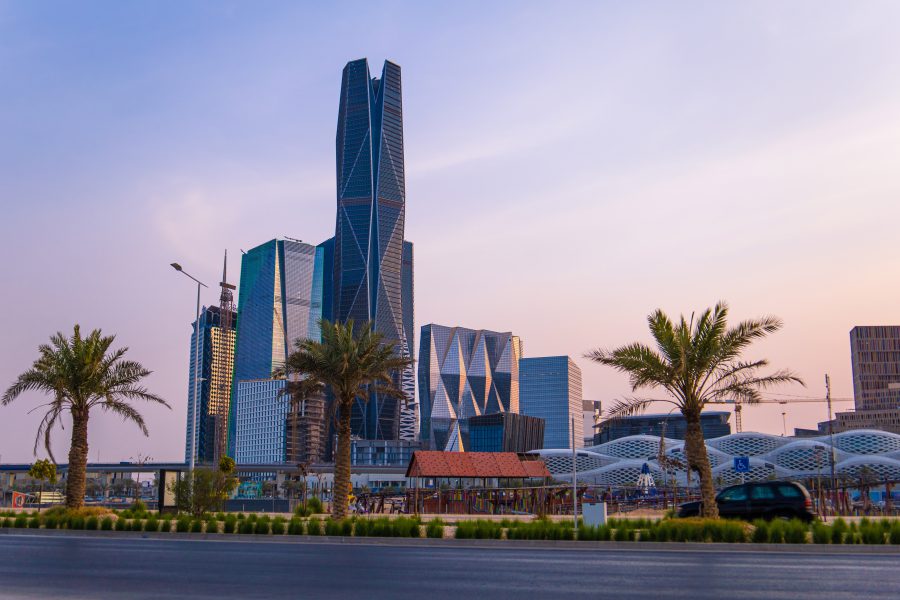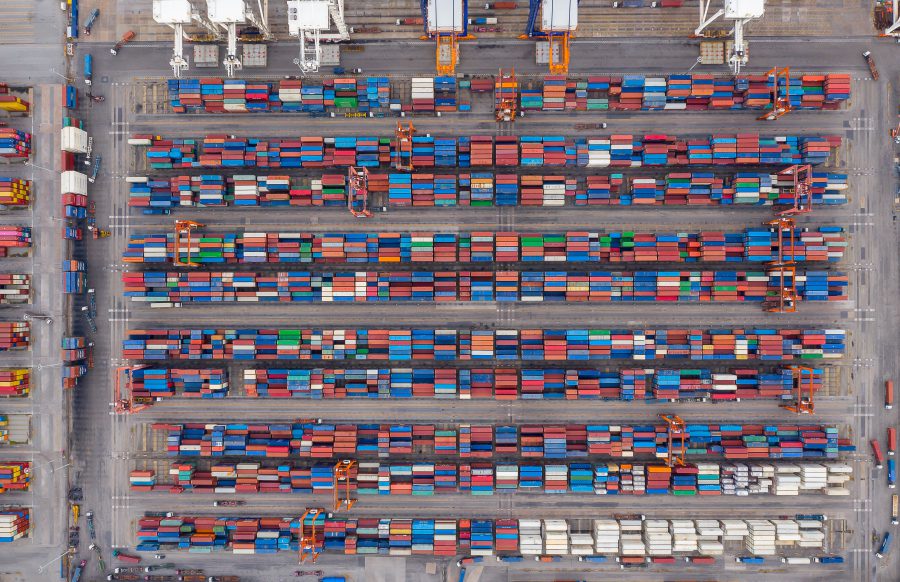The Kingdom recently launched the Saudi Logistics Academy to equip the Kingdom’s youth with the technical knowledge and skills needed to pursue a career in the logistics sector. It’s another important step to further transform the country’s logistics sector and establish the Kingdom as a global logistics hub.
Saudi Logistics Academy has stepped into multiple local and international partnerships to help students participate in a range of specialized training programs. What’s more, this initiative has also led to more job creation in the Kingdom, and as many as 350 Saudis of both genders will be employed under the agreements with the private sector.
According to Rumaih bin Mohammed Al-Rumaih, the chairman of the board of directors of the Saudi Logistics Academy’s launch and of the Public Transport Authority, (at the time of writing) students will be able to take these programs during the upcoming semester. He went on to say that the academy not only supports Vision 2030 goals, but will also boost the Kingdom’s logistics performance.
The seven sectors that the Saudi Logistics Academy is targeting include air transport, warehouse management, e-commerce, land transport, shipping and export, international trade, maritime and ports transport, and postal logistics services.
Saudi students have the option to opt for long training programs, which span three semesters, or take part in specialized executive programs, international specialized professional certificate programs, or remote training programs and short courses. The academy will announce the registration for these programs and courses on sla.edu.sa.
New Logistics Body
Saudi Arabia’s cabinet has also approved the creation of a new logistics body, which will be established within the Ministry of Transport. The decision was taken during a virtual session chaired by King Salman, king of Saudi Arabia. Under Vision 2030, a new transport and logistics strategy was unveiled earlier this year. It aims to establish Saudi Arabia as the leading transportation and logistics hub in the Middle East and connect continents, including Africa, Asia, and Europe.
By 2030, the Kingdom will double its annual air cargo capacity to 4.5 million tons. Rail tracks will also be increased and the ports of the country are being linked to the Red Sea. The Kingdom has already launched five new shipping lines for regional markets, the Indian subcontinent, and North Europe.
The plan also includes establishing a new airline and airport in Saudi Arabia to increase the number of destinations from 39 to 250 and become the fifth largest airline in the world. The existing airline, Saudia, will transport pilgrims to Mecca and Medina, and the new airline will be used for other travelers, including businessmen and tourists. With these steps, the Kingdom aims to secure a top ten ranking on the global Logistics Performance Index.
Another objective of Vision 2030 is to diversify Saudi Arabia’s economy and increase non-oil revenues. The new strategy is expected to boost the contribution of the transport and logistics sector to the GDP from six to ten percent, which means SAR 45 billion ($12 billion) annually. The Saudi Crown Prince has announced plans to make an investment of 550 billion riyals ($147 billion) in the sector, which will play a key role in the transformation of the Kingdom.







